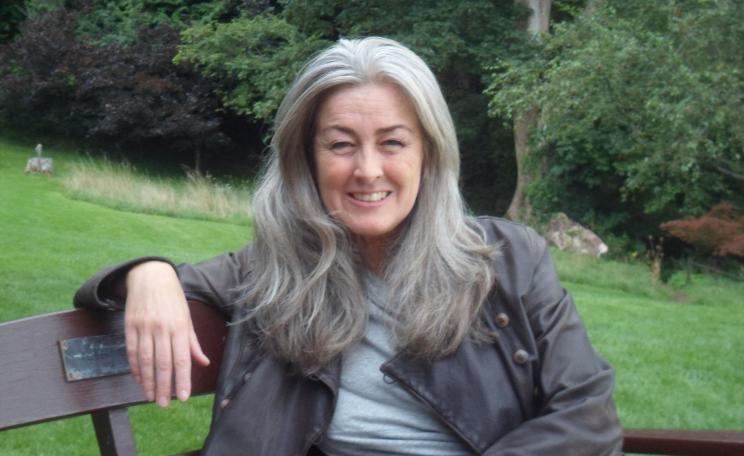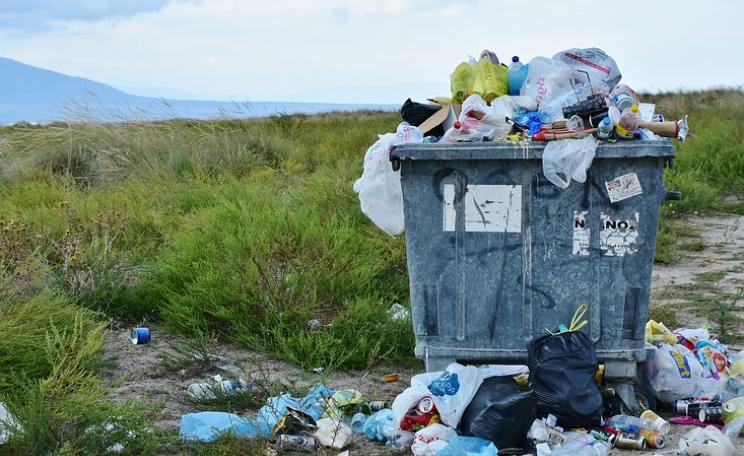Further massive sums of public money cannot put into an unsafe and unprofitable technology that will wreck the market price for renewable energy ... If we take our anti-nuclear policy seriously, then we must join this lawsuit.
The Luxembourg government will join Austria's legal challenge to the €108 billion Hinkley C subsidy package at the European Court of Justice.
The low-key announcement was released yesterday in Austria's Parliament, just days before the deadline for other states to join is due to expire on Monday.
"They will not make a huge fuss about it as they do not want angry phone calls from Downing Street", commented Adam Pawloff, anti-nuclear spokesman for Greenpeace Austria, who has been working closely with Luxembourg colleagues on the issue.
But he said that the move was an important one whose significance should not be underestimated: "In terms of foreign policy and EU solidarity it is quite a statement for one member state to follow up a legal challenge against another and the fact we are seeing further member states joining shows there is a growing front against nuclear power in Europe.
"It is sending a message to all countries involved in building new nuclear power plants that nuclear is not sustainable - environmentally, economically or socially. We are talking about substantial amounts of state aid are going into this nuclear project at a time when nuclear is in normal circumstances not financeable.
"The support of the action by Luxembourg is a major setback for the nuclear lobby. And it sends an important message to governments, nuclear developers and the Commission as well which approved the package. You cannot allow this kind of heavily subsidised market-distorting nuclear development anywhere in Europe without expecting legal challenges by multiple states."
Speaking in July after Austria launched its legal challenge, Luxembourg Environment Minister Carole Dieschbourg told the Duchy's parliament: "Further massive sums of public money cannot put into an unsafe and unprofitable technology that will wreck the market price for renewable energy ... If we take our anti-nuclear policy seriously, then we must join this lawsuit."
Commission acts against Hungary nuclear state aid
In a simultaneous move this week, the Commission has taken the first steps in state aid and public procurement infringement proceedings against Hungary over its planned Paks II nuclear plant a little over 100km from the border with Austria.
The €12.5 billion Paks II plant is to be built by Russia's Rosatom backed by a €10 billion loan from Russia leaving €2.5 billion invested directly by the Hungarian government. Under a deal agreed in January 2014, construction of two VVER-1200 reactors each of 1.2GW was due to begin in 2015 but this is currently scheduled for 2018.
Further massive sums of public money cannot put into an unsafe and unprofitable technology that will wreck the market price for renewable energy ... If we take our anti-nuclear policy seriously, then we must join this lawsuit.
One reason for the Commission's action is that the project did not go to public tender, in violation of EU public procurement rules. In addition, says Pawloff, Hungary has been slow and obstructive in its dealings with the Commission, keeping it waiting for over a year before delivering key documents. "It's a highly opaque and bizarre case", he comments.
The Commission's is proceedings against Hungary may also have a bearing on the Hinkley C case. The Hinkley package was approved in October 2014 in the dying days of the Barroso Commission in what was seen as a highly politicised decision which went against the advice of officials.
And one of the main points at issue in Hungary - the lack of any open and competitive tender process - also applies to Hinkley C, which was simply offered to the French parastatal EDF. And while the Paks II power plant is due to deliver power at €55 per megawatt hour, Hinkley C will cost about twice as much, £92.50 in 2012 pounds.
The move against Hungary therefore indicates that the Juncker Commission may not be unduly diligent in its defence of the Hinkley C support package when the case comes before the European Court - something that must be causing serious concern in the strongly pro-nuclear UK government.
Hinkley C prospects fade
Pawloff added that other states might also join the challenge to Hinkley C before the Monday deadline. It is no secret that Germany and Sweden, countries that are now in the process of decommissioning their nuclear power legacy and building up renewable energy, are unhappy with the European Commission's decision to approve the UK's state aid for Hinkley C.
Opposition to the Hinkley C deal was also voiced this week by Boris Johnson, Mayor of London and a likely future Conservative prime minister who branded the deal as "a disgrace" under questioning by Green Assembly member Jenny Jones.
"I'm totally with you on that one", he said. "If you ask do I think the deal on nuclear power looks like good value for money at whatever it is £95 per kilowatt hour for 30 years, it just looks like an extraordinary amount of money to spend."
And in what may have been a deliberate jibe aimed at Energy Secretary Amber Rudd and Chancellor George Osborne - who have slashed support for all forms of renewable energy and solar in particular - he added: "On renewables, which does not include nuclear because its not renewable, on other renewables, solar is very exciting and its great that the costs are coming down."
A month ago UK Prime Minister David Cameron signed a deal with the Chinese President Xi Jinping for the China General Nuclear Power Corporation (CGN) to pay £6 billion for a 33.5% share in the troubled Hinkley C project. However EDF, which currently owns 100% of NNB Generation Company which will take the project forward, has still made no final investment decision, and indications are that it will not be taken until well into 2016.
Meanwhile works on the Hinkley C site have ground to a complete halt - and The Ecologist has been reliably informed that a team of 65 nuclear engineers working on the project with EDF in Paris has been laid off - with the detailed technical specifications they have been working on for years left unfinished.
Oliver Tickell edits The Ecologist.







